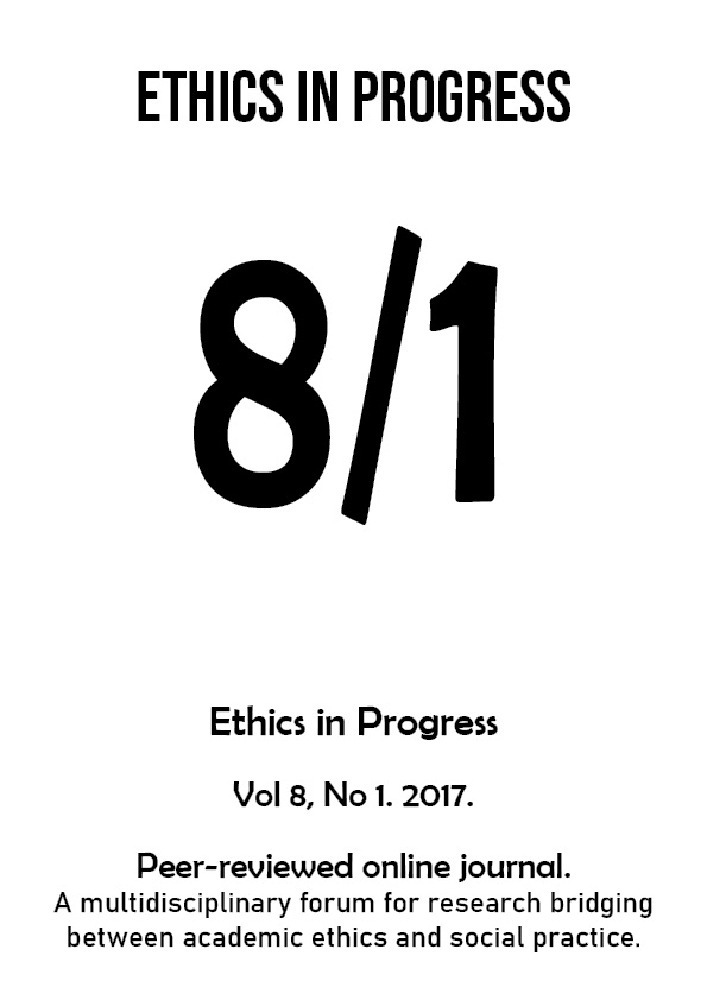Abstract
Starting from the example of the Amazon, in Brazil, we intend to analyse how technology (mainly in its biotechnological face) appears as a threat to biodiversity, insofar as it acts through a reduction and standardization: technology needs to reduce diversity to something knowable to be able to control and exploit, in view of human necessities. In this sense, according to Hans Jonas, it is necessary to ask about the horizon of the future giving preference to the negative prognosis (fear rather than hope) to avoid that the harmful consequences of nihilism (marked by the absence of criteria capable of guiding technological action) affect life decisively. In this case, the Enhancement project proposed by transhumanism appears as yet another chapter in the history of risks represented by modern technology.References
Cnbb (Confere ncia Nacional dos Bispos do Brasil). 2007. Texto-base da Campanha da fraternidade 2007. Brasí lia: CNBB.
Cunha, Euclides da. 2000. Um Paraíso Perdido: reunião de ensaios amazônicos. Brasí lia: Senado Federal.
Fukuyama, F. 2004. The World’s Most Dangerous Idea. Foreign Policy, September/October.
Hauskeller, M. 2014. Better Humans? Understanding the Enhancement Project. Oxon: Routledge.
Jonas, H. 2006. O princípio responsabilidade: ensaio de uma ética para a civilização tecnológica. Tr. M. Lisboa, L. Barros Montez. Rio de Janeiro: Contraponto.
Jonas, H. 1998. Pensar sobre Dios y otros ensayos. Barcelona: Herder.
Jonas, H. 2013. Técnica, medicina e ética. Sobre a prática do princípio responsabilidade. Traduça o do Grupo de trabalho Hans Jonas da ANPOF. Sa o Paulo: Paulus.
Vattimo, G. 1996. O fim da modernidade: niilismo e hermenêutica na cultura pós- moderna. Traduça o de Eduardo Branda o. Sa o Paulo: Martins Fontes.
Zafrani, A. 2014. Le défi du nihilisme. Ernst Bloch et Hans Jonas. Paris: Hermann.




